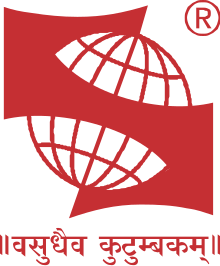1. The student manager will be able to comprehend the evolution of Operation research and its significances in businesses
2. Given a verbal descriptive problem (management, industry or miscellaneous) with numerical data, the student manager will be able to define the variables, establish the inter-relationships between them, formulate the objective function and constraints.
3. The student manager will be able toselect appropriate mathematical model for optimization of the objective function
4. The student manager will be able to to analyze business problems using the power of well- known operational research tools and techniques
CO1- The students will be able to explain the evolution of Operation research and its significances in businesses
CO2- The students will be able to demonstrate proficiency in defining the variables, establishing the inter-relationships between them, formulating the objective function and constraints.
CO3- The students will be able to demonstrate the ability to select appropriate mathematical model for optimization of the objective function
CO4- The students will be able to analyze business problems using the power of well- known operational research tools and techniques
CO5- The students will be able to apply sensitivity analysis to assess the impact of changes in input parameters on the optimal solution
2. Given a verbal descriptive problem (management, industry or miscellaneous) with numerical data, the student manager will be able to define the variables, establish the inter-relationships between them, formulate the objective function and constraints.
3. The student manager will be able toselect appropriate mathematical model for optimization of the objective function
4. The student manager will be able to to analyze business problems using the power of well- known operational research tools and techniques
CO1- The students will be able to explain the evolution of Operation research and its significances in businesses
CO2- The students will be able to demonstrate proficiency in defining the variables, establishing the inter-relationships between them, formulating the objective function and constraints.
CO3- The students will be able to demonstrate the ability to select appropriate mathematical model for optimization of the objective function
CO4- The students will be able to analyze business problems using the power of well- known operational research tools and techniques
CO5- The students will be able to apply sensitivity analysis to assess the impact of changes in input parameters on the optimal solution
Catalogue Code: T2220
Course Type: Generic Core Course
Total Credit: 2
Credits (Theory): 2
No. of Hours: 30
Internal Marks: 60
External Marks : 40
Total Marks: 100
Experiential Learning: Yes
Course Code: 212410207
Floating Credit: No
Audit Course: No
Course Needs: Global
